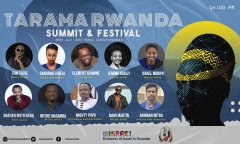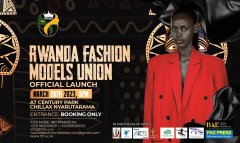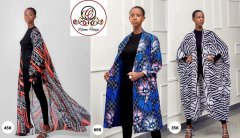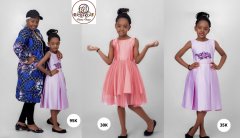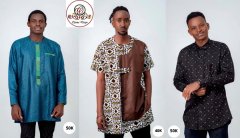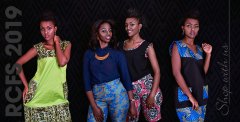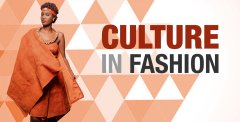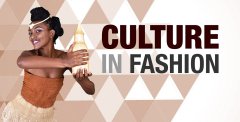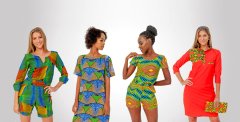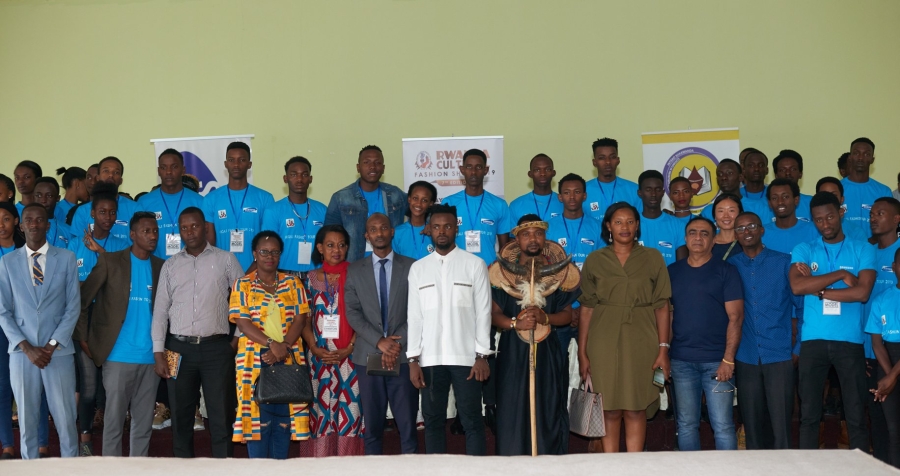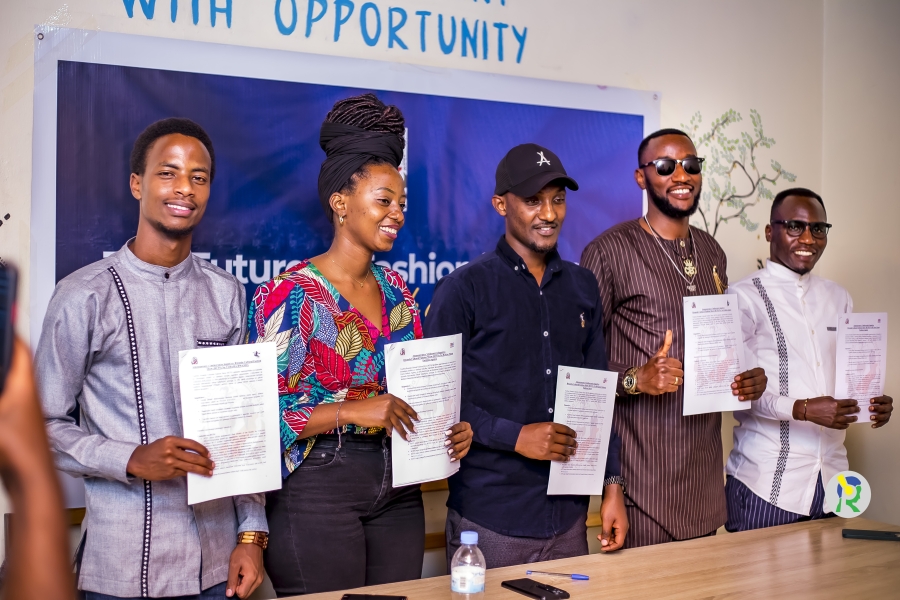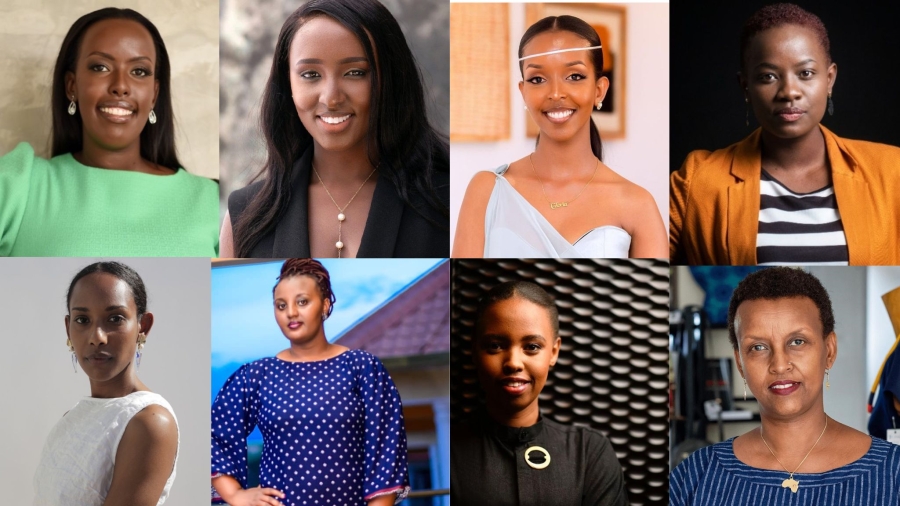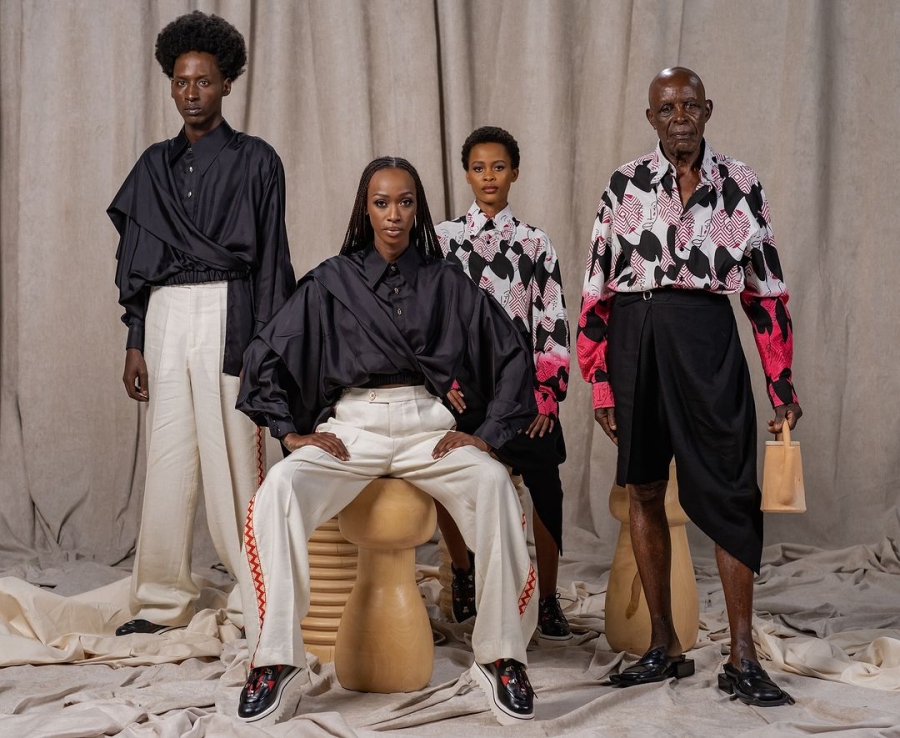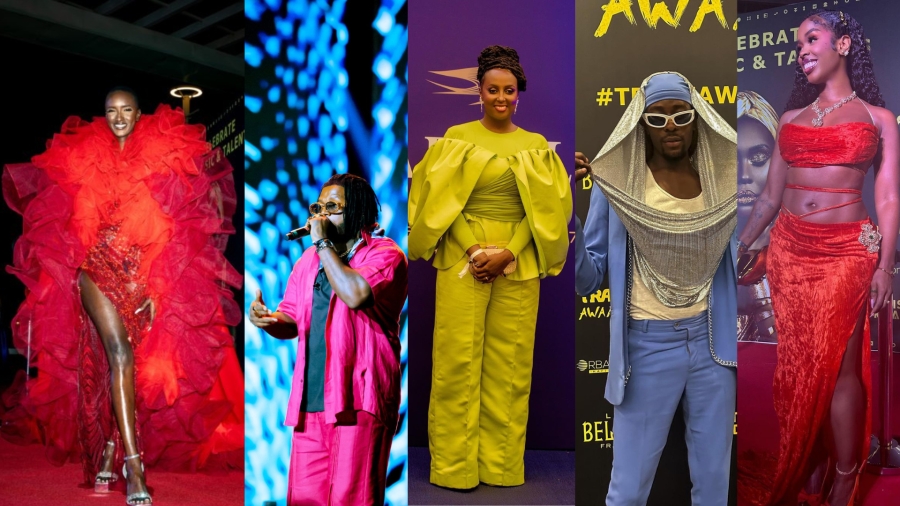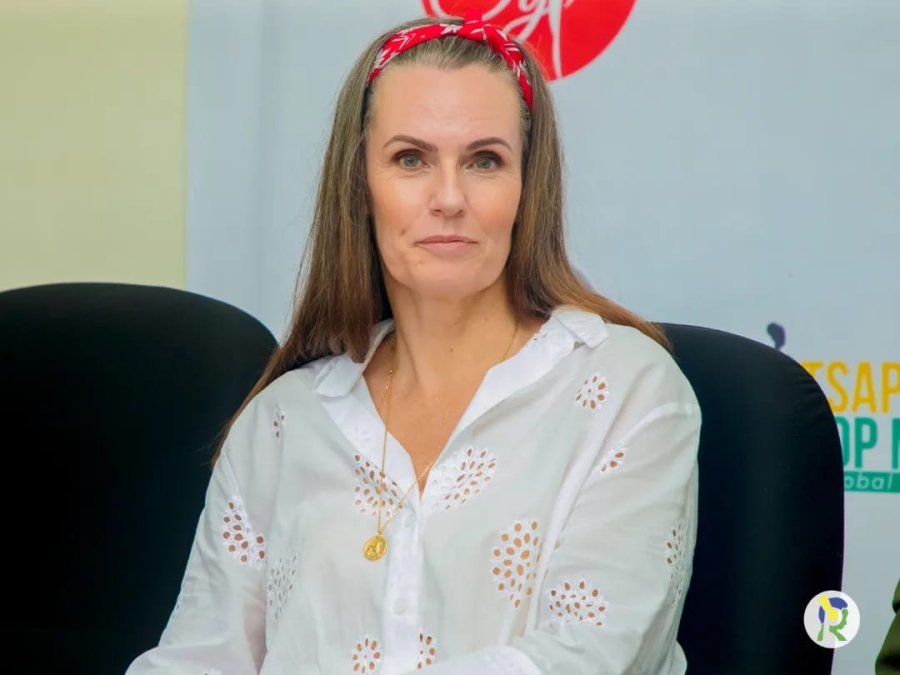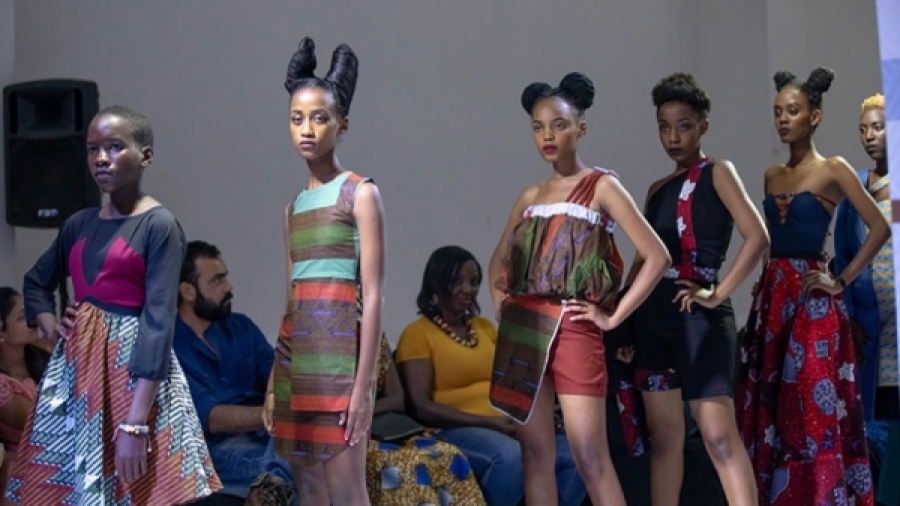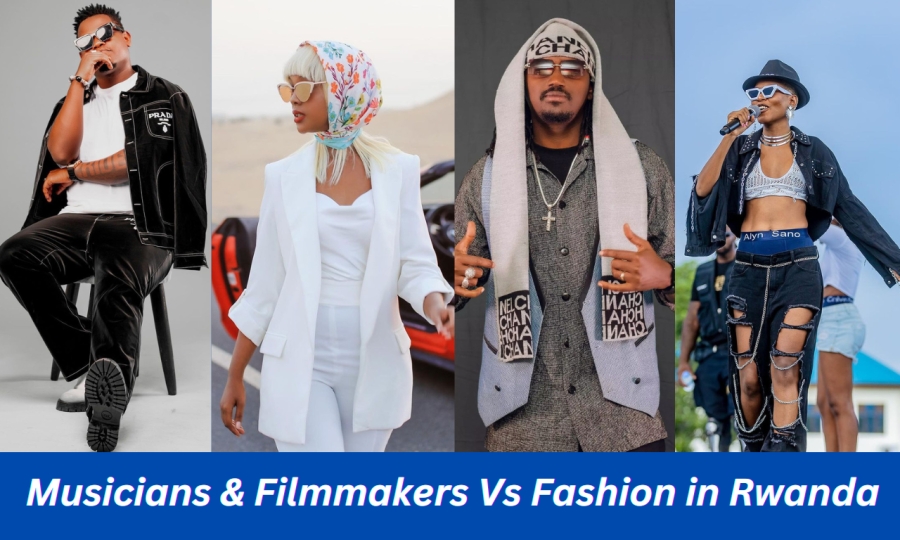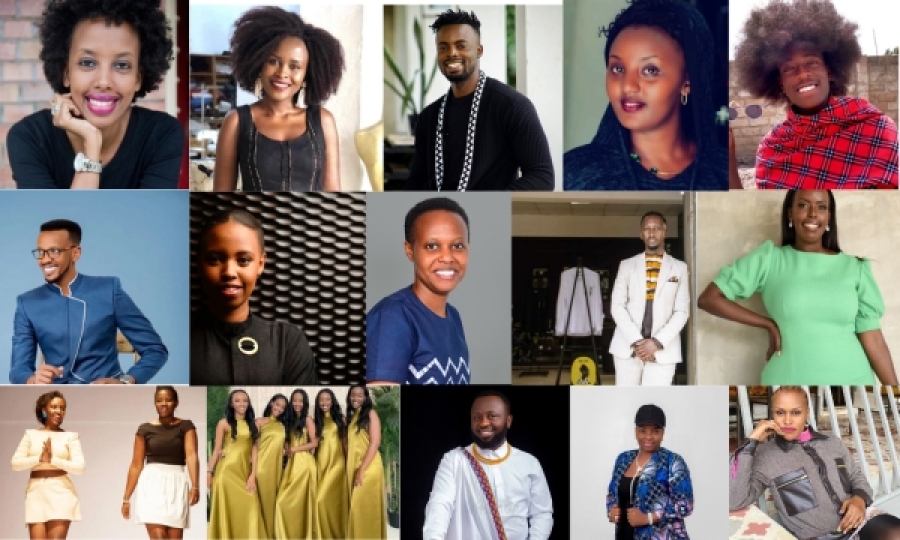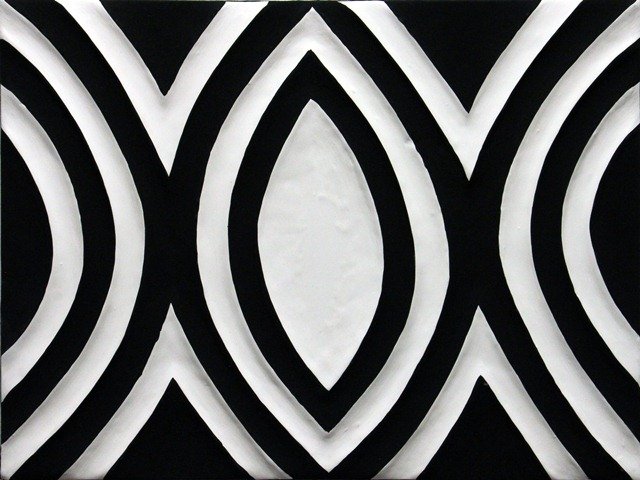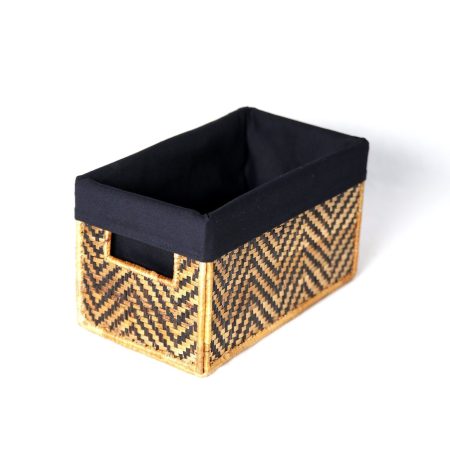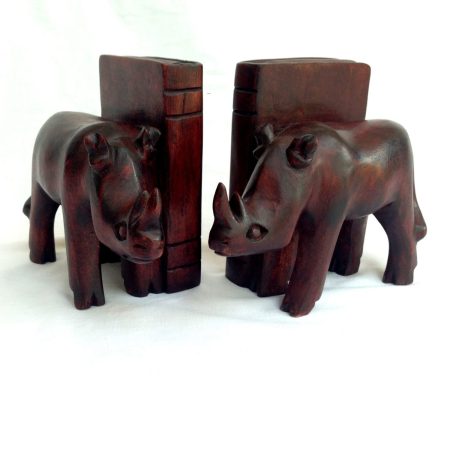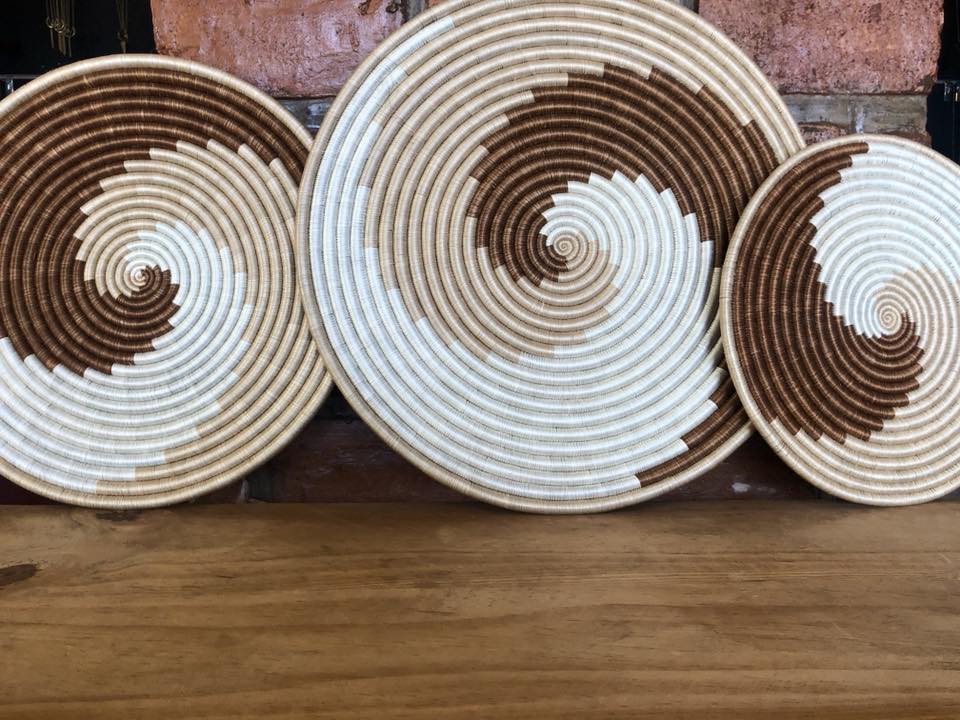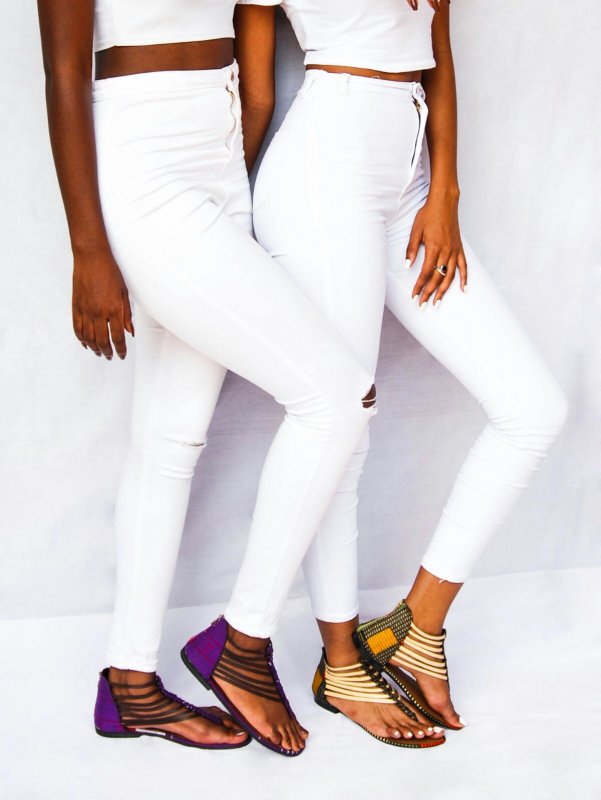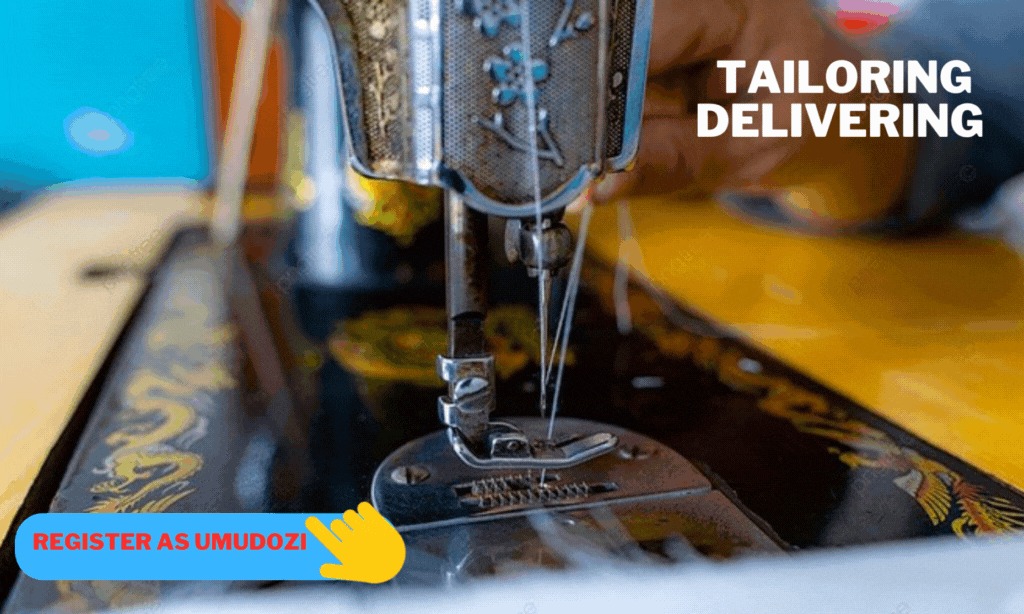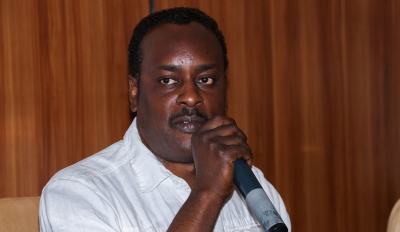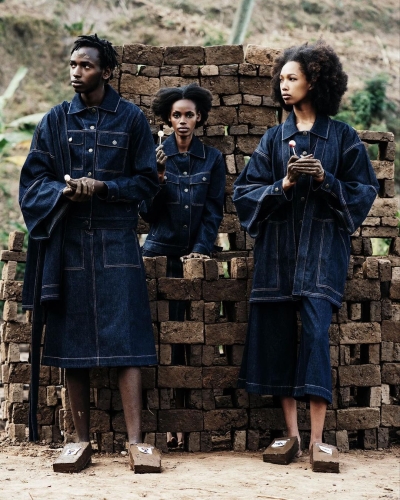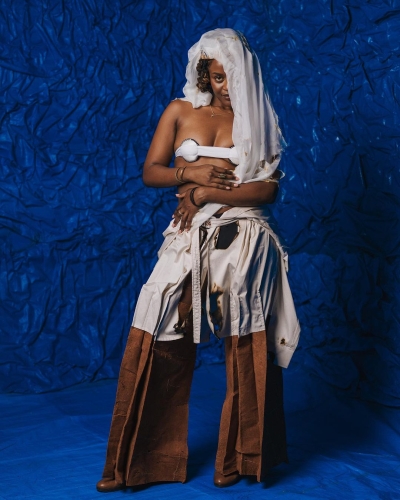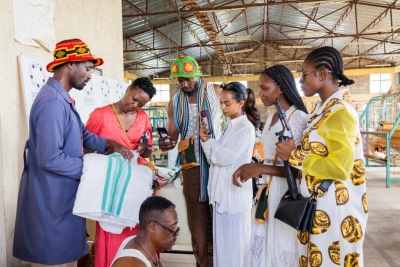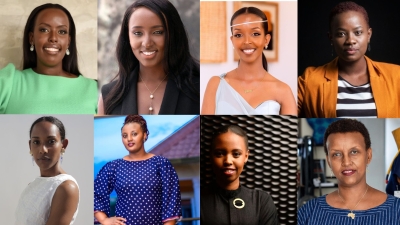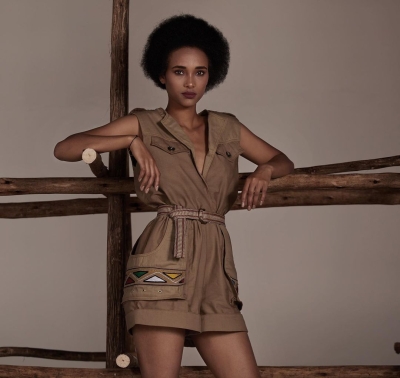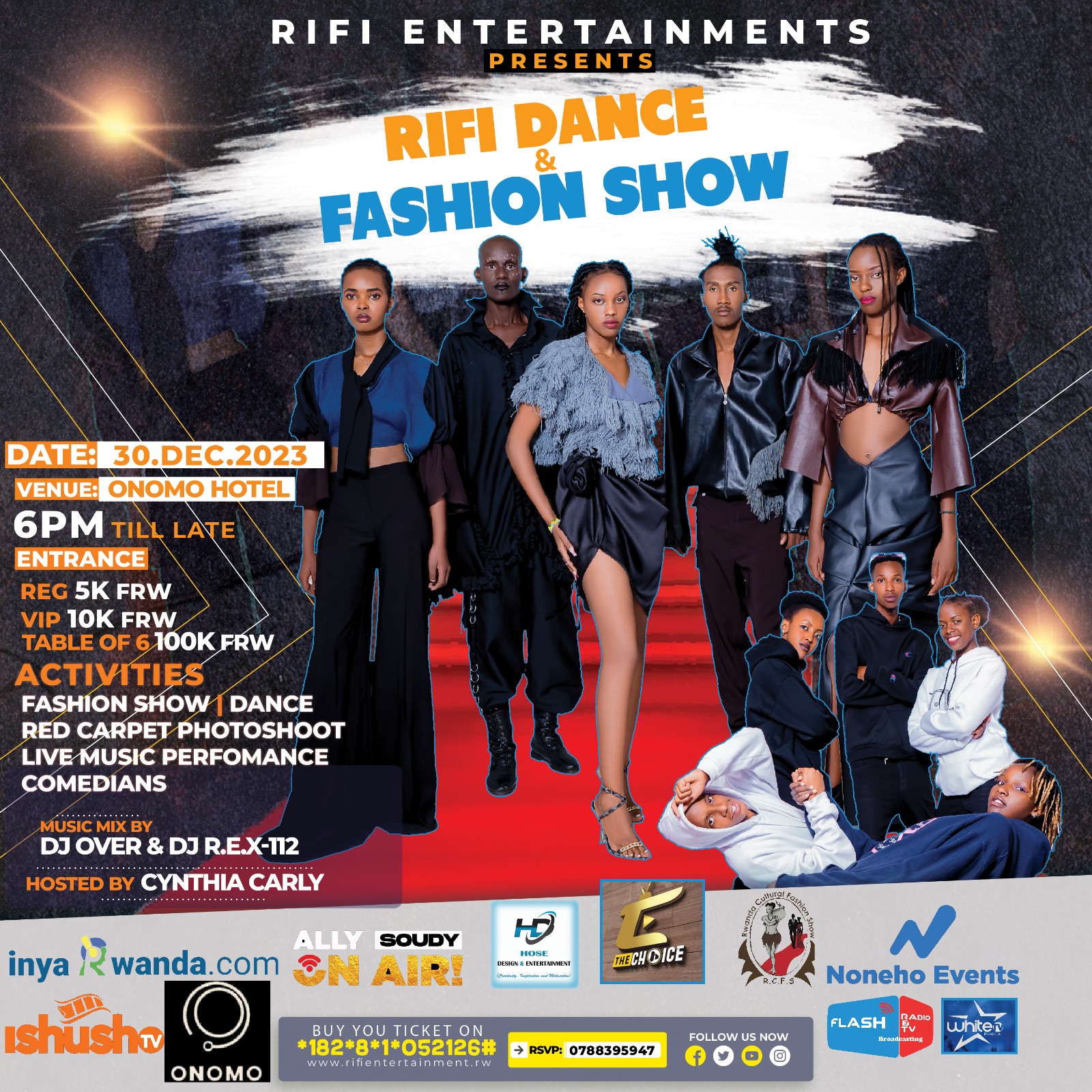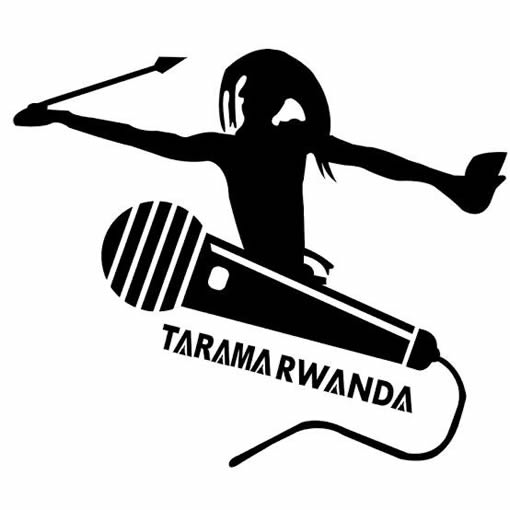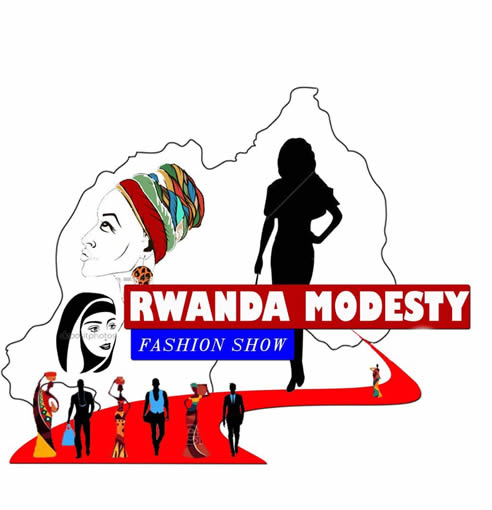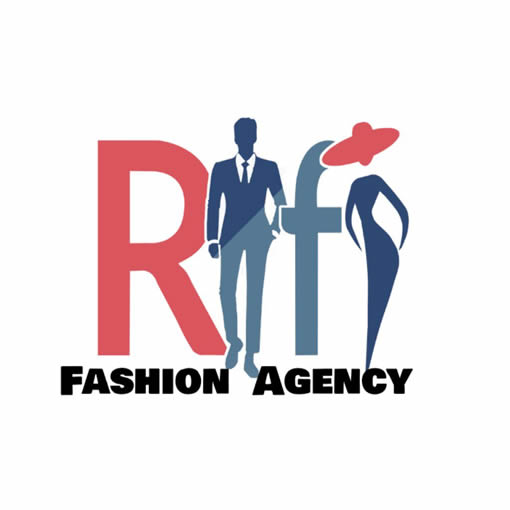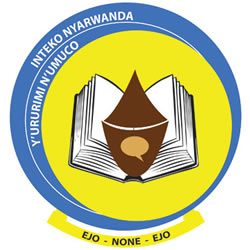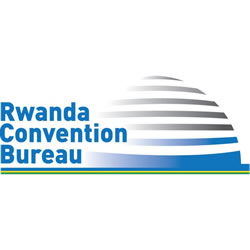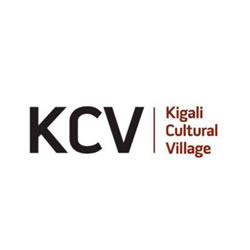THE FUTURE OF FASHION INDUSTRY IN AFRICA
RCFS 2020 WEBINAR OVERVIEW
The RCFS webinar will include the discussions which will be in the form of a series of thought-provoking panel discussions about the textiles and fashion industry in Africa. The webinar is entitled “The Future of Fashion Industry in Africa” and the topic is; How can Private and Public Institutions Support Africa’s Growing Fashion Industry? It is scheduled on Friday, 18th December 2020, from 10:30am to11:30am (GMT-KIGALI).
It is organized by the Rwanda Cultural Fashion Show (RCFS2020). Keynote speakers will include fashion designers, fashion promoters, experts in textiles and fabric dyeing, fashion school teachers and some governments representatives to discuss “Made in Africa value”. Made in Africa is a journey of fashion industry about 20 years ago. It was the revolution of the textiles and fashion industry on the continent which the RCFS sees as an example for the Africans and friends of Africans to feel the pride from our various cultures in styling.
RCFS was founded in 2012. The main goal of the RCFS is to promote fashion designers and create public awareness of the talent and quality designs in Africa. Since we began, Africans men and women have been promoted through the RCFS events. We provide assistance in marketing, promotion and branding especially for the upcoming fashion designers who are starting small businesses in fashion. According to the examples from the RCFS’s 8 years’ experience, many brands from all over the continent had been established and some are now selling even on the international fashion markets. This is a magnificent step shows that the African fashion industry had made achievement in short time. Africa has
few fashion schools comparing to the countries where modern fashion is coming from like in the USA, India and Europe etc… However, many African fashion designers had been invited to showcase in Western and Europe fashion weeks.
Another example, there are several continental initiatives which are supporting the African fashion industry to develop and sell their products. The Fashionomics Africa initiative of the African Development Bank, together with the African Union, the AfroChampions initiative, and other institutional partners and private operators, launched the Pan-African Fashion initiative on 9 February during the recent AU meetings in Addis Ababa. There are many other examples of some countries where governments stepped in to support the textiles and fashion industry. This prove that the achievement of the textiles and fashion industry in Africa is worthy it. Ethiopia is one of the countries that stepped in with special plans and many countries can learn from this country. Textile and apparel is one of the sectors that has received a lot of attention from the government and the objective is to become sourcing destinations of the world.
Today, the fashion and textile industry in Ethiopia clearly identifies the country as the next hub for manufacturing and exports in the African Chapiter. since the early 2000s, textile and apparel business began to grow. There are some reports show that there were less than 20 firms in 1991, which increased to above 80 in 2012 and nearly 110 in 2013, reaching around 130 medium- and large-scale factories today. According to academic literature, Staritz et al. (2016) apparel exports from Ethiopia have increased impressively, jumping almost eightfold from US$9m in 2009 to US$68m in 2014, and Yost and Shields (2017) suggest that export earnings have grown from US$60m to US $160m in the last five years, and the government has a target to reach US$1bn by 2020.
ETIDI (2016) Pan-African Fashion initiative is a platform for stakeholder engagement, dialogue, strategy and policies to advance the African fashion industry within the context of the African Continental Free Trade Area (AfCFTA), which aims to remove trade barriers between African nations and thus expand intra-Africa trade by about $35 billion per year. Intra-African imports and exports currently account for just 15% of all trade on the continent. According to the African Development Bank, demand for African textiles and garments is increasing globally, and African patterns are gaining international recognition as fashionable and iconic pieces, with international fashion houses now integrating more and more African influences in their latest collections. As President Zewde stated: “Globally, Africa’s cultural colours and clothing are increasingly being embraced.” Even if, the industry is growing. There are some serious challenges which many countries have to be aware about which will help them continue to plan how to respond to new issues in the fashion industry. It is been 3 years ago, when the RCFS had been doing a research to identify even more important and necessary steps for countries to follow to be able to strengthen the future fashion industry and to respond to the challenges the industry is facing.
PURPOSE
In some ways, we have to think about this already made achievements in the textiles and Africa fashion industry as the motivator but also to teach us the lesson from the past challenges. Many countries had been raising some questions such as “who can design “and “who can sell local made cloth “and “who promotes fashion?” “who can basically support fashion sector?” The RCFS is organizing this is webinar to contribute for some answers to these questions together with the speakers. We also value public fashion discussions which will bring new ideas for the future styling and fashion business in Africa. This webinar will educate and inspire conversations about evolutions within the fashion industry and developments in regards to culture and sustainability in fashion. The upcoming fashion designers and others departments attached to fashion event in Africa such as fashion
communicators, fashion content creators and established fashion organizations (fashion councils) and runway models who still have a long way journey to go. They need guidance, they need rules and regulations to support their work to achieve their dreams.
WEBINAR SPEAKERS
RCFS2020 Webinar
1.jpeg
2.jpeg
3.jpeg
4.jpeg
5.jpeg
6.jpeg
7.jpeg
8.jpeg
9.jpeg













